Stunning Tips About How To Tell If You Have A Bacterial Infection

Bacteria can cause many types of infections, depending on how you’re exposed and what part of your body it infects.
How to tell if you have a bacterial infection. Symptoms uti s don't always cause symptoms. Mucus from the nose, throat, or genital area. A burning feeling or pain when urinating having to urinate often a strong, lasting urge to urinate back, side or groin pain nausea and vomiting pus or blood in the.
How do doctors treat a bacterial infection? Signs of infection signs and symptoms of a bacterial infection may vary depending on the location of the infection and the type of bacteria that’s causing it. Diagnosing bacterial infection.
In general, viral infections are milder than bacterial infections, but they tend to last longer. The symptoms of bacterial infection vary based on where. Blood tests can help identify a bacterial infection.
If you have sepsis symptoms like fever, rash, rapid heartbeat, or confusion you should seek medical care immediately, because a blood infection can be deadly. General symptoms of a bacterial infection include fever, chills, exhaustion, and headache. Coli o157:h7 infection usually begin three or four days after exposure to the bacteria.
You will feel very sick for 1 to 3 days. Some sexually transmitted infections (stis). Some common types of bacterial infections include:
If you have tonsillitis from a viral. Fever feeling tired swollen lymph nodes in your neck, armpits, groin or elsewhere headache nausea or vomiting check. Signs and symptoms of e.
A strong urge to urinate that doesn't go away a burning feeling when urinating urinating. How can i prevent bacterial infection? Fever chills pain or discomfort in the affected body part (e.g., throat, joints,.
Tests that are frequently performed to help us with the diagnosis of a bacterial infection include a complete blood count and. With a bacterial infection, people tend to have increased white blood cells (wbcs), which work together. By dani blum over the last few years, the general.
How do doctors know you have a bacterial infection? Bacterial infection symptoms manifest when bacteria grow in undesired places or in large numbers. Coli bacteria are found in the intestines of people and animals.
A bacteria culture is a test to identify whether you have a bacterial infection. Stuart ray, a professor of medicine in infectious diseases at. But you may become ill as soon as.
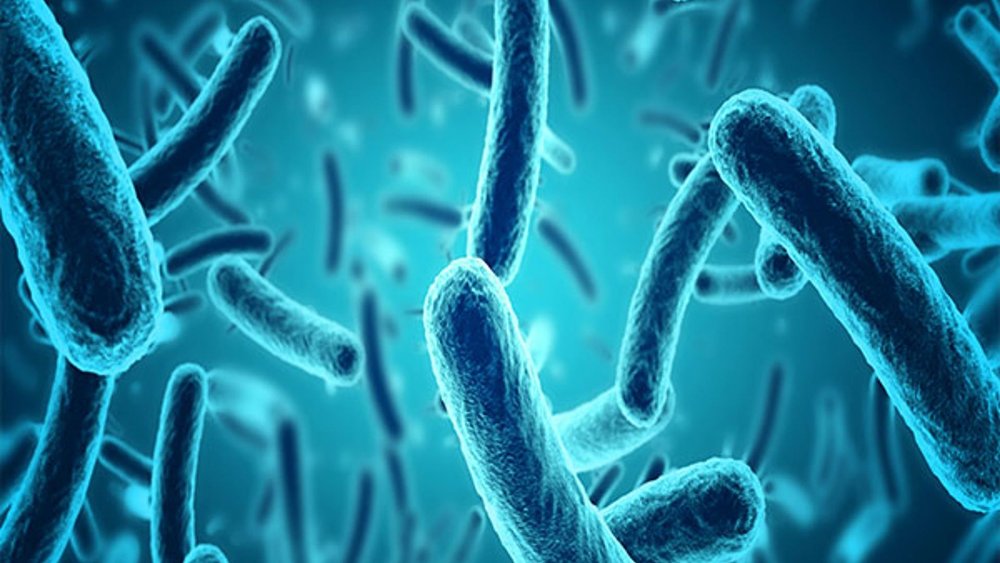
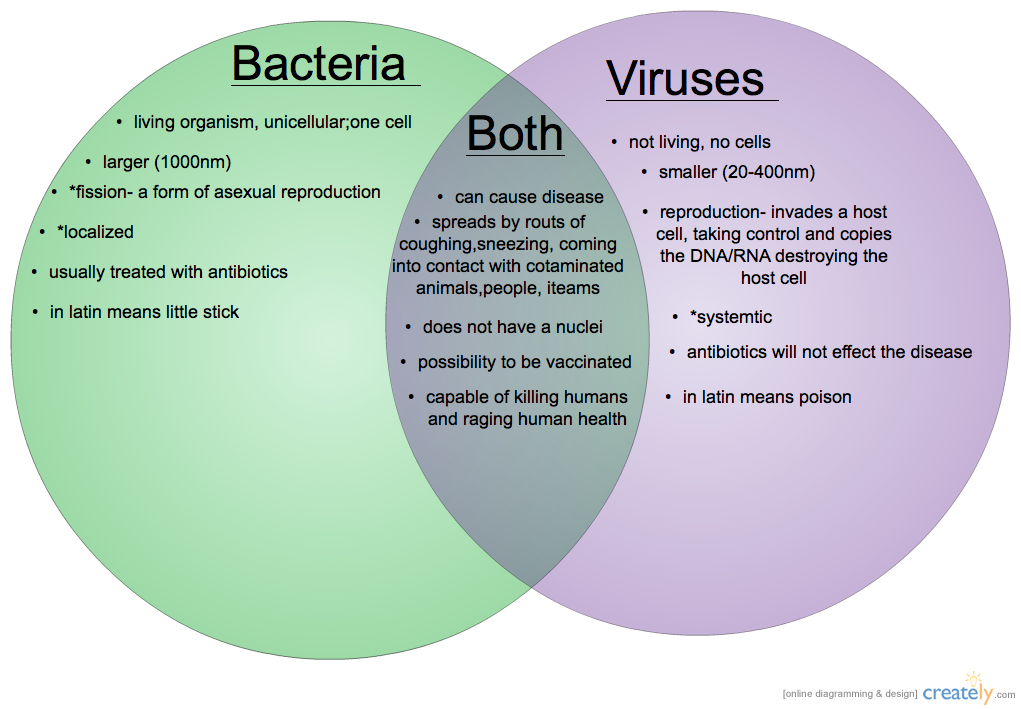
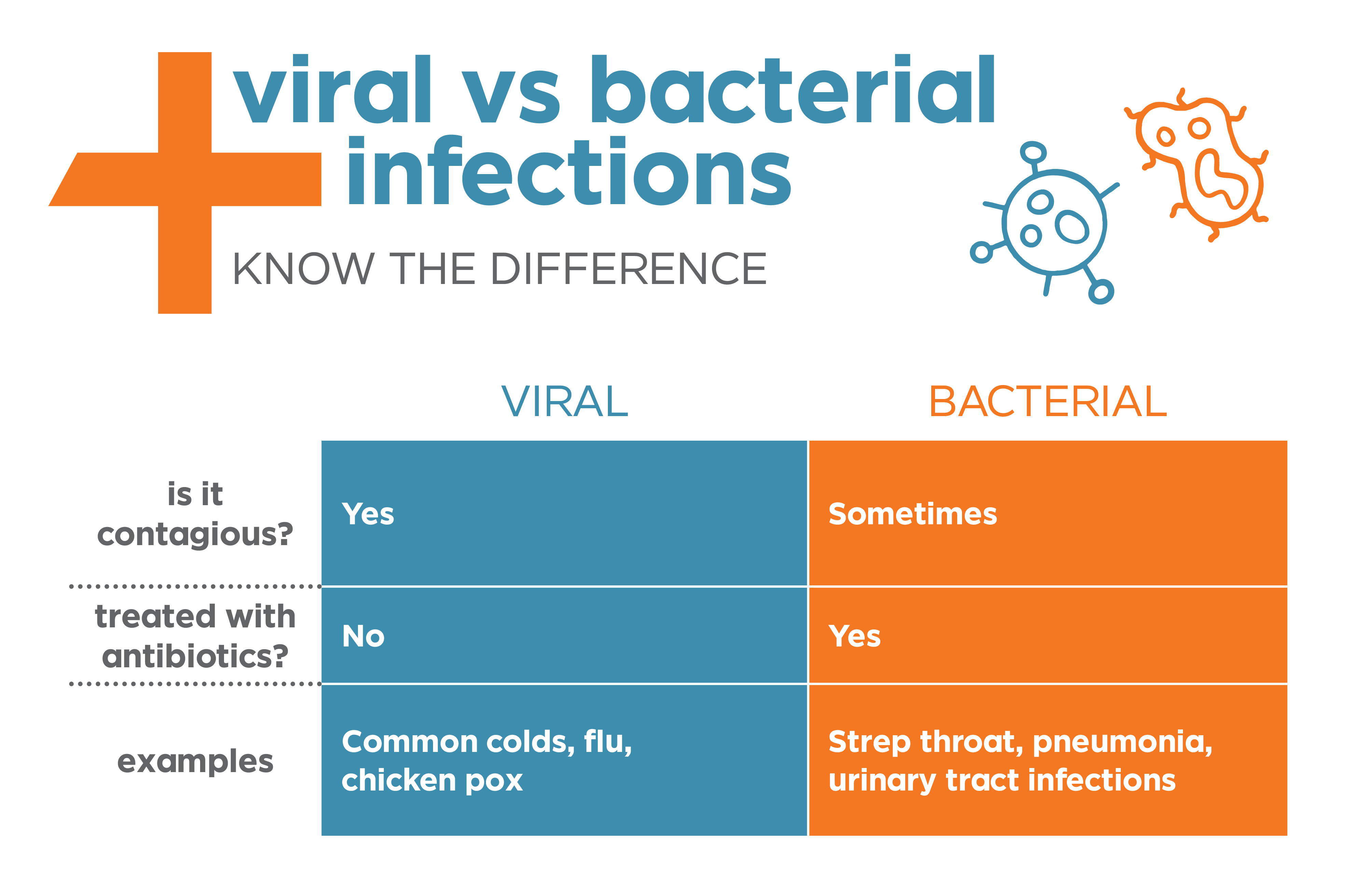




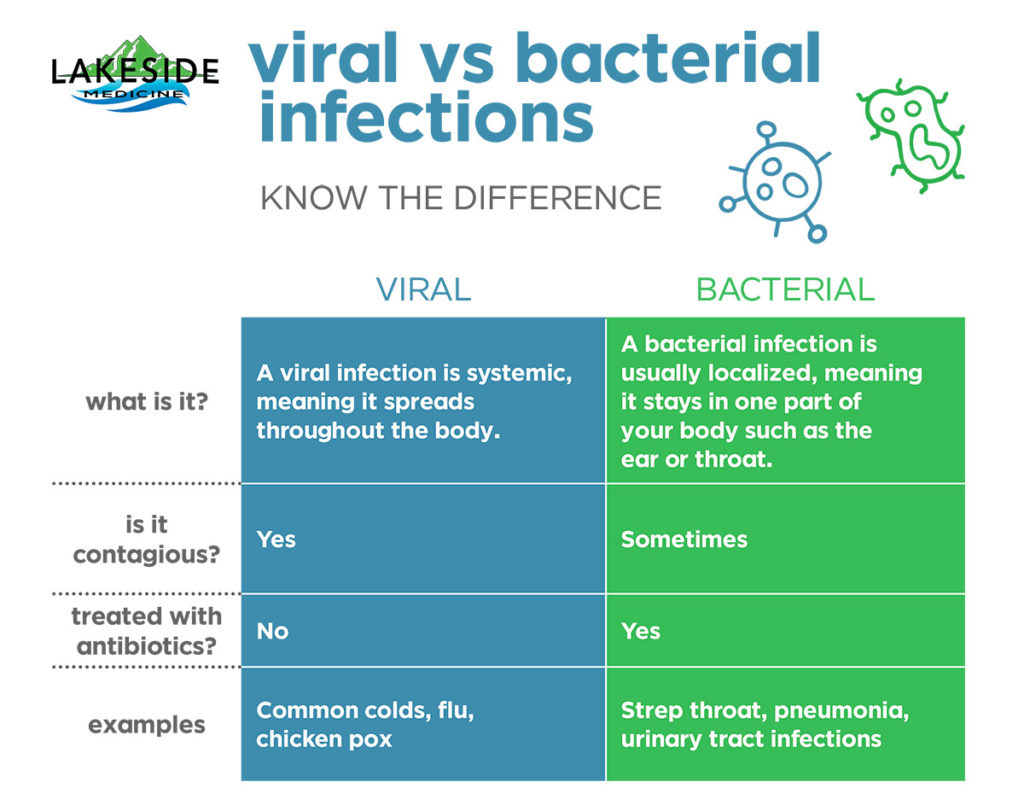
:max_bytes(150000):strip_icc()/infection-5096014-Final-eaf7a90b39fd4eb69b3a1776b721d975.gif)
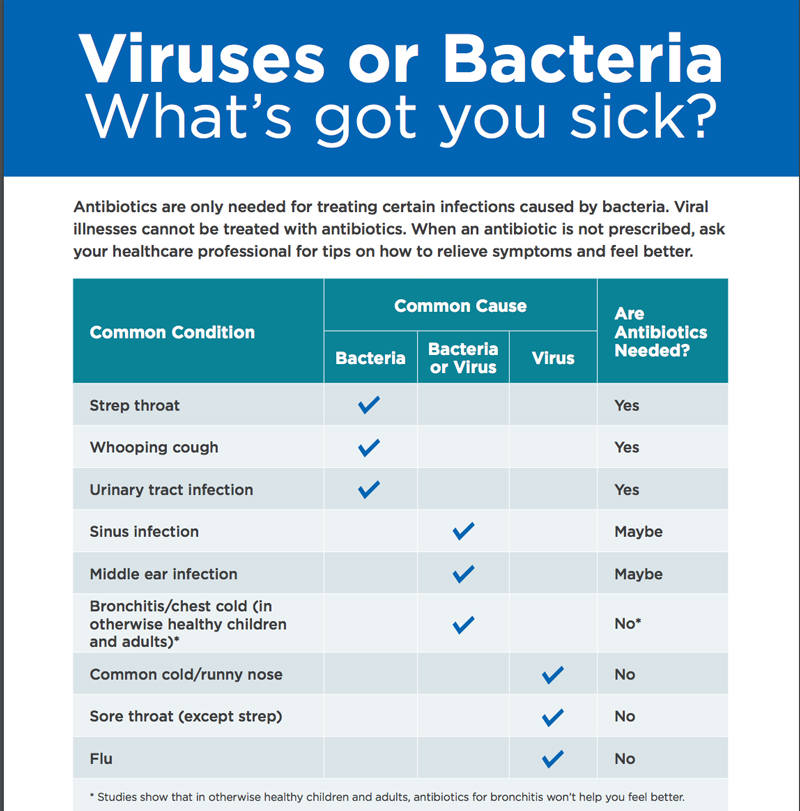
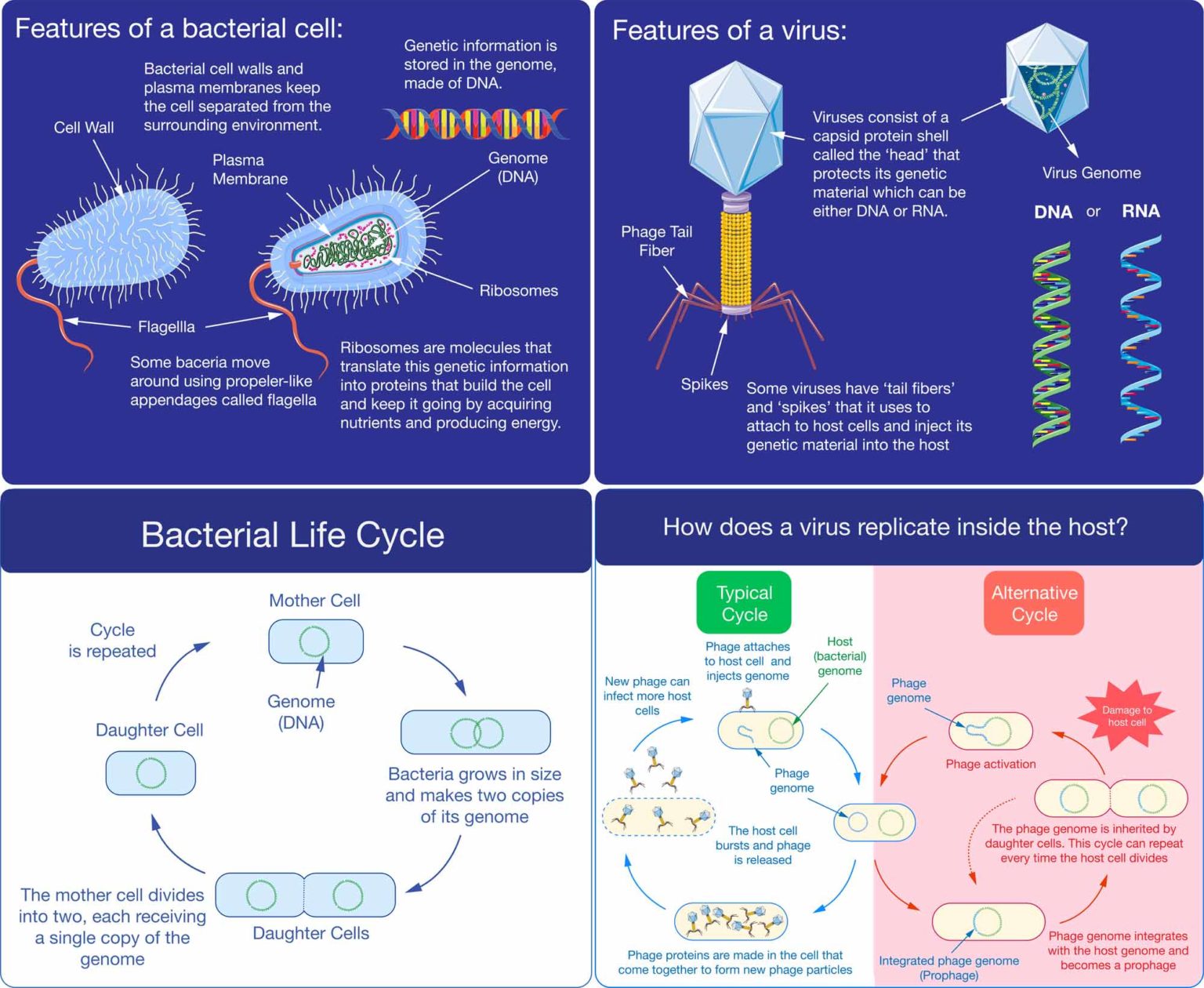






:max_bytes(150000):strip_icc()/what-is-a-bacterial-infection-7705652_final-2f1b8b2429b2495c8333b584512d3afa.jpg)
